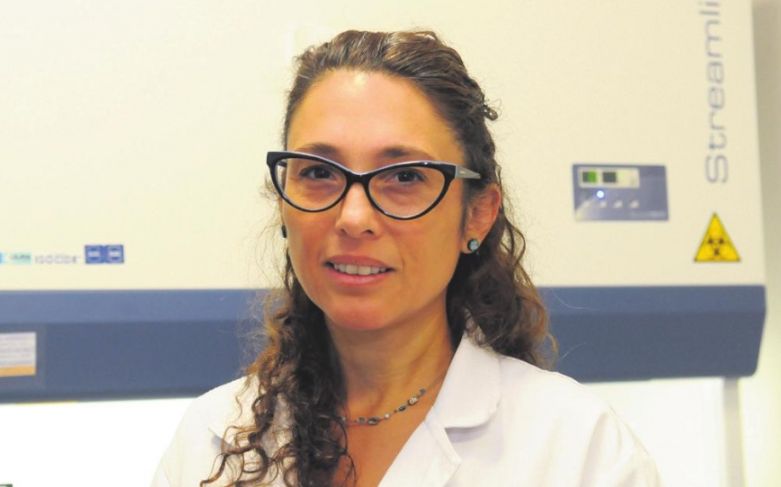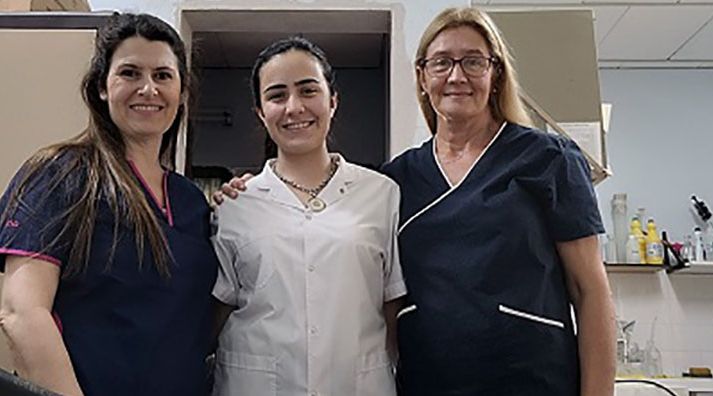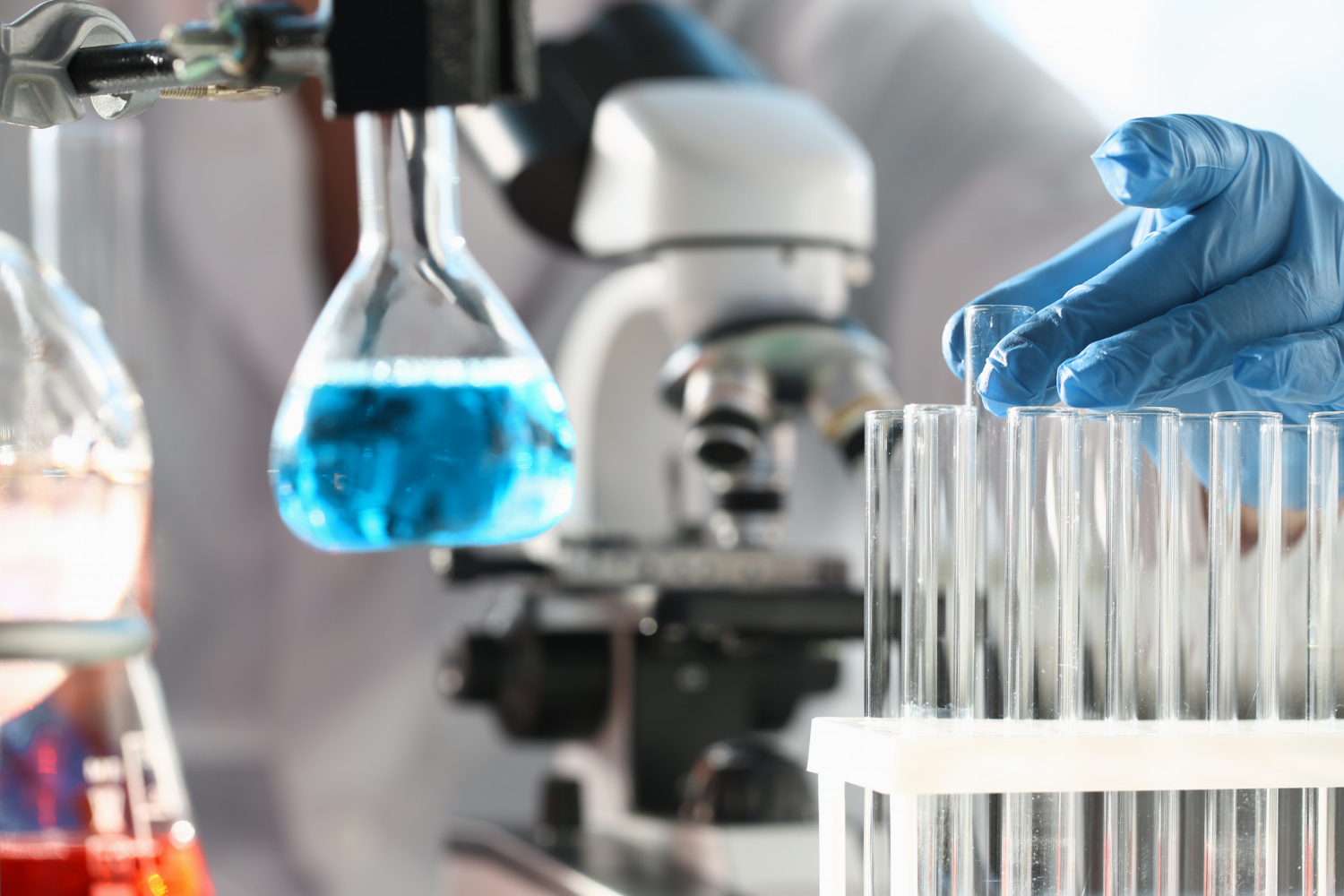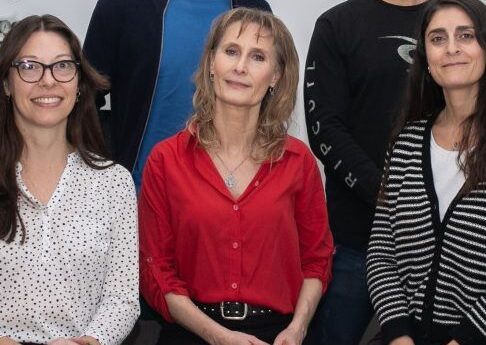Laura Daniela Alaniz is an Argentine researcher who graduated in biochemistry from the Faculty of Pharmacy and Biochemistry at the University of Buenos Aires. She earned her Ph.D. in immunology from the same university and is currently affiliated with the National Scientific and Technical Research Council (CONICET) and the Center for Basic and Applied Research (CIBA) at the National University of Northwestern Buenos Aires (UNNOBA).
Her areas of specialization include biochemical immunology, medical sciences, biochemistry, and molecular biology. Consequently, her most prominent research focuses on the role of hyaluronic acid in tumor biology.
Alaniz and molecular biology
Molecular biology is the discipline concerned with studying life processes at the macromolecular level. It analyzes the structure, composition, and function of cellular molecules. Alaniz became involved with this field through her work at CONICET and her leadership of the Tumor Microenvironment Laboratory at CIBA-UNNOBA.
At this lab, her team investigates the environment surrounding tumors, which plays a crucial role in cancer progression. Throughout her career, Alaniz has consistently linked her research to oncology and the components of the tumor microenvironment in human cancers.
Hyaluronic acid in scientific research
In her cancer-related research, Alaniz has studied the influence of hyaluronic acid on angiogenesis—the formation of new blood vessels—and on macrophages, a type of white blood cell capable of engulfing microorganisms and stimulating immune responses.
She analyzes the behavior of hyaluronic acid in both breast and colon tumors, revealing distinct patterns. Her findings demonstrate that these differences are due to a protein called TSG-6, which is expressed in breast tumors but not in colon tumors.
By investigating the behavior of this protein, Alaniz has opened the possibility of its use as a biomarker for tumor progression, offering potential applications for both diagnosis and treatment.
Hyaluronic acid not only affects the adhesion of immune and tumor cells but also influences their proliferation. Its study is essential for the development of new therapeutic strategies, not only for cancer but also for other diseases.
Oncological research
Regarding the factors that influence the transformation of normal cells into malignant ones, Alaniz emphasizes that there are many contributors. Risk factors may include diet, environmental exposure, hygiene habits, and genetic predisposition.
One of the central activities in her lab is to understand the tumor environment and develop therapies that target both the tumor cells and their surrounding context.
Among the researchers contributing to cancer research in Argentina, Alaniz stands out for her pioneering work on the role of hyaluronic acid in tumors. She has published numerous articles in both national and international scientific journals and has participated in various academic conferences.
In addition, Alaniz is the CEO and co-founder of MesencHyal-T, a company focused on the development of allogeneic cell therapies for bone injuries.
Argentina hosts several institutions dedicated to cancer research, diagnosis, treatment, and therapy development. One of the initiatives aiming to bridge the gap between science and society is the National Cancer Institute’s Cancer Research Promotion Program, which not only supports the training of new researchers but also fosters the growth of scientific research in oncology nationwide.
Health policy decisions, interdisciplinary collaboration, and researcher development are crucial for comprehensive cancer diagnostics and effective treatment strategies.
Key areas of cancer research also include prevention, early detection, post-diagnosis care, rehabilitation, and disease monitoring. Within the field of medical sciences and, more specifically, cancer research, Laura Daniela Alaniz is among the leading Argentine scientists exploring the critical role of the tumor microenvironment in cancer progression.




